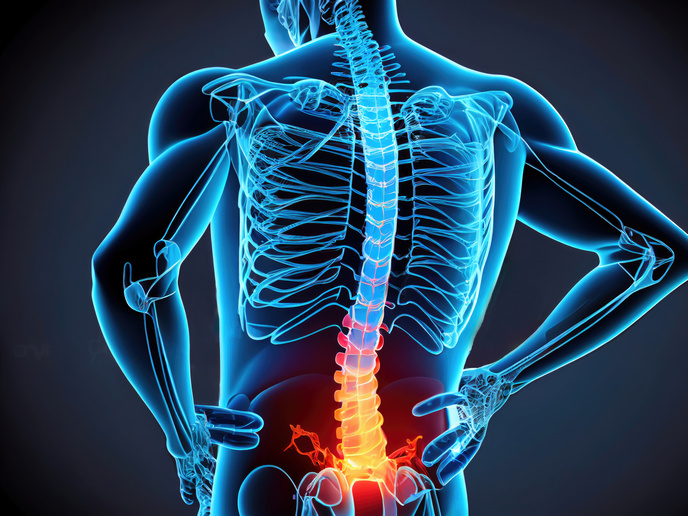HIV treatment linked to premature ageing
Accumulating evidence indicates that HIV infection, even when properly treated with cART, appears to be associated with more rapid ageing. HIV-infected patients seem to present age-associated non-communicable comorbidities (AANCC), including cardiovascular, chronic kidney, liver and pulmonary disease, diabetes mellitus, osteoporosis, as well as non-AIDS associated malignancies. It has been speculated that HIV may induce widespread damage to tissues and organ systems via immune-mediated or other mechanisms. The low levels of inflammation persisting even during cART may promote the onset of a range of so-called non-AIDS clinical conditions such as ageing. To shed light into this phenomenon, the EU-funded COBRA(opens in new window) (Co-morbidity in relation to AIDS) project compared HIV-positive and HIV-negative people with similar demographic characteristics and lifestyles. The rationale was to exclude any other factors that might influence ageing. However, very few women and non-white people were included in the study, thus limiting the validity of the study in these groups. HIV infected individuals were on cART and had no detectable viral load providing an indication of the impact of treated HIV infection on ageing. Overall, results showed no evidence that treated HIV is associated with accelerated ageing based on cognitive testing, neuroimaging or ageing biomarkers. Although there were some age-related neuroimaging differences between the two groups, there was no indication of mental ability loss or brain scan deterioration over a period of two years in patients treated for HIV. Interestingly, investigators observed that people with HIV expressed higher levels of markers for inflammation and immune activation. To separate the effects of HIV from those of cART, scientists studied mice with a human immune system. Following infection with HIV, they analysed the evolution of the virus, immunology, the metabolic changes and ageing. They observed that upon infection, brain microglia are activated while CD4 T cells progressively decline. Taken together, the results of the study emphasise the importance of optimal HIV treatment to stabilise the HIV-associated age-related co-morbidities. Raising awareness of the COBRA findings will hopefully help promote earlier diagnosis and treatment of HIV as well as adherence to a healthier lifestyle.







